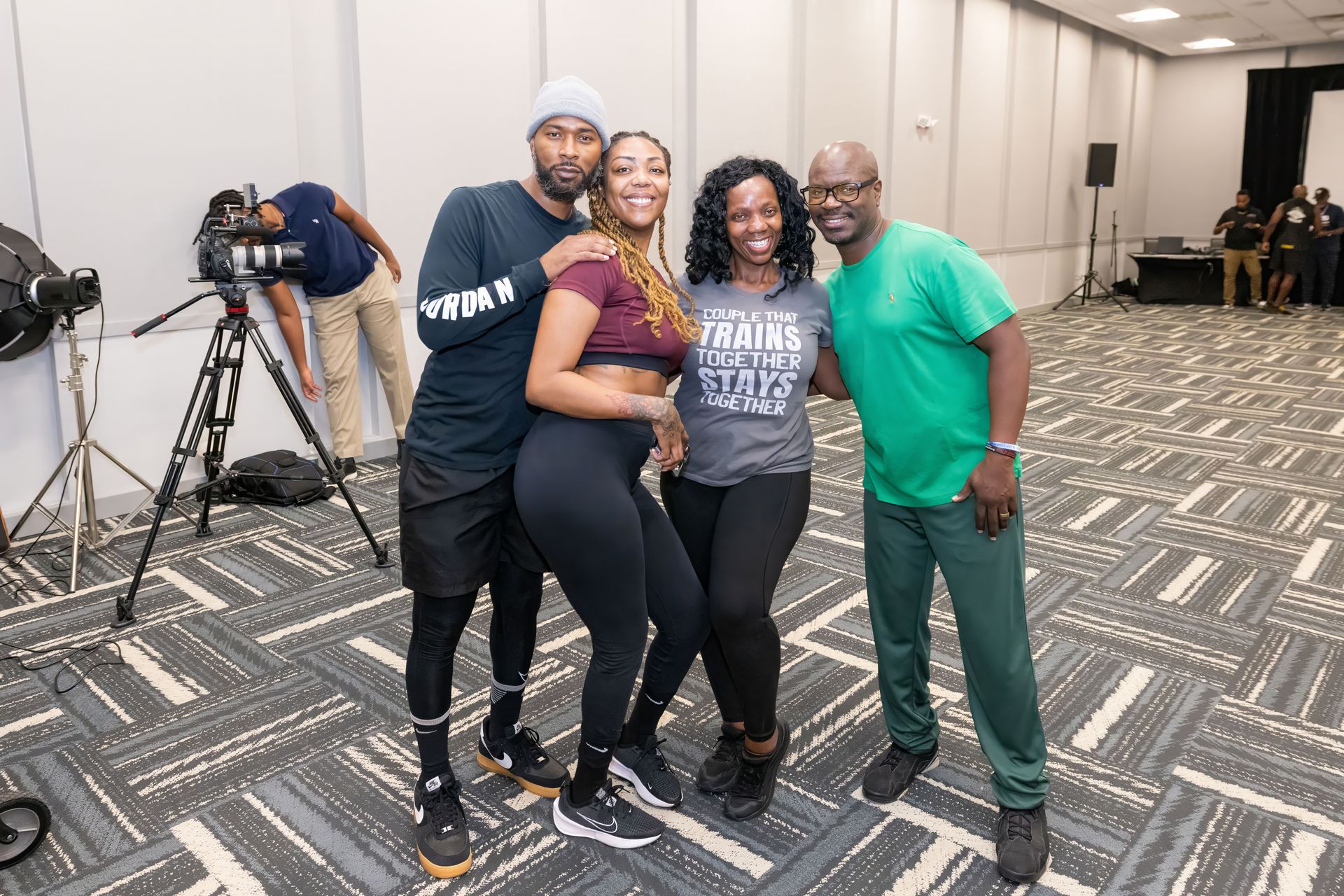Building Meaningful Connections in the Workforce and Entrepreneurship
Crafting Awesome Connections in the World of Work and Business Adventures!

Leaders and entrepreneurs play a vital role in shaping the business environment, and with employees and business owners spending more than a third of their day working, fostering meaningful connections is essential. A strong, connected workforce and business network increases productivity and enhances job satisfaction, workplace morale, and customer loyalty. Surrounding yourself with supportive, faith-filled people ensures that the right "who" is on the team, working together to accomplish the organization's or business's shared mission.
The Power of Business Friendships
But what exactly is a business friendship? Business friendship is the ability to set healthy boundaries that protect peace and foster growth while operating genuinely. It involves providing "white glove" customer service, building friendships and community, and creating opportunities for business-to-business collaboration. When leaders and entrepreneurs cultivate authentic relationships with their teams, colleagues, and business partners, they develop a culture of trust, loyalty, and mutual respect.
For entrepreneurs, business friendships are key to repeat business. In today's competitive market, consumers and clients are more likely to return to businesses where they feel valued and understood. By building genuine relationships with customers and partners, entrepreneurs create a strong referral network, increasing trust, brand loyalty, and sustainable growth.
Cultivating Deep, Lasting Partnerships in Business
It's perfectly fine to reflect on how you inspired yourself. While we often seek inspiration from external sources, we should also consider our remarkable journeys, especially as we grow. Let me share a glimpse of my transition from being an educator to an entrepreneur. As a passionate coach for educators (and I can confidently say that since I truly loved what I did), I recognized that my talent for guiding and inspiring could extend beyond the classroom and the school district. I noticed a rising demand for leaders to cultivate a more inclusive work environment (especially when you have leaders who obviously create division among their team)—where everyone feels they belong and know that they belong.
With my strong foundation in organizational leaders and relationship-building (I also have learned that it doesn't matter what I know - it matters more on how I connect with people's hearts and minds).
Stepping out on faith, I shifted towards coaching leaders in creating inclusive, collaborative, and empowering spaces. I helped organizations turn their workplaces into feel-good zones by developing trust, creating a sense of belonging, and having each others' back —all thanks to some good old-fashioned genuine "love thy neighbor as thy self"! Ultimately, this approach led to me building business friendships and new opportunities and helped me create a community of entrepreneurs and leaders dedicated to "getting their relationships together," both professional and personal.
Practical Tips for Leaders and Entrepreneurs to Build Meaningful Connections
- Encourage Open Communication – Foster an environment where employees and business partners feel comfortable sharing their thoughts, ideas, and concerns without fear of judgment.
- Set Clear Boundaries – While relationships in the workplace and business world can be friendly, they should remain professional and respectful to maintain focus and productivity.
- Be Genuine and Supportive – Show authentic care for your team members and clients' personal and professional growth.
- Create Opportunities for Team and Client Bonding – Host team-building activities, mentorship programs, networking events, and customer appreciation initiatives that promote relationship-building.
- Prioritize a Faith-Filled, Value-Driven Culture – Align workplace and business relationships with strong values to ensure integrity, collaboration, and shared purpose.
- Nurture Long-Term Business Relationships – Follow up with clients, show appreciation, and consistently add value to maintain customer trust and loyalty.
Thoughts Circling in Mind Are ...
Meaningful workplace and business connections aren't just about improving collaboration—they shape the very foundation of a thriving organization and entrepreneurial success. By building business friendships, leaders and entrepreneurs can make a workforce and client base that is motivated, connected, and committed to the company's mission. When people feel genuinely supported and valued, they bring their best selves to work,
creating a ripple effect of positivity, customer loyalty, and sustainable business growth.
Always remember, people want to be HEARD, SEEN, and VALUE!










